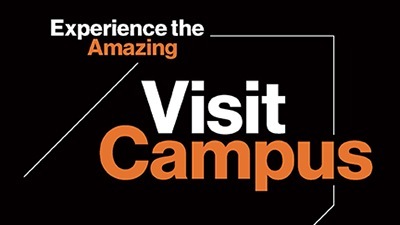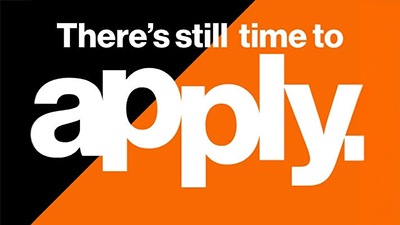
Aimee Whyte
Senior Lecturer, Liberal Studies
Aimee Whyte
Senior Lecturer, Liberal Studies
Education
BS, Rochester Institute of Technology; MA, Gallaudet University
Bio
Courses taught:
- SOCI 240: Deaf Culture in America.
- LEAD 200: Ethical Dimensions for Community Leadership
- LEAD 301: Social Media Communication & Leadership
- LEAD 304: Conflict Resolution: Negotiation & Mediation
- PSYC 101: Introduction to Psychology
- PSYC 221: Abnormal Psychology
- CRIM 110: Introduction to Criminal Justice
- CRIM 250: Domestic Violence (Criminal Justice)
- NENG 241: Written Communication
- NENG 222: Analytical Reading & Writing II
- NENG 232: Bridge to College English II
- NENG 231: Bridge to College English I
Select Scholarship
Cripps, J. H., Small, A., Rosenblum, E., Supalla, S. J., Whyte, A. K., & Cripps, J. S. (2025). Signed music and the Deaf community. In A. Cruz (Ed.), Culture, Deafness, and Music: Critical Pedagogy and a Path to Social Justice. Brill.
Whyte, A.K., Aubrecht, A.L., McCullough, C.A., Lewis, J.W., & Thompson-Ochoa, D. (2013, October). Understanding Deaf people in counseling contexts. Counseling Today, 56(4), 38 – 45.
Whyte, A.K., & Esposito, E. (2011). Deaf community accountability model. The Voice: A Journal of the Battered Women’s Movement, 24 – 29.
Whyte, A.K., & Smith, K.S. (2010). Deaf college students. In Irene W. Leigh (Ed.), Psychotherapy with Deaf Clients from Diverse Groups (2nd ed, pp. 261 – 280). Washington, DC: Gallaudet University Press.
Whyte, A.K., & Guiffrida, D.A. (2008). Counseling Deaf college students: The case of shea. Journal of College Counseling, 11, 184 – 192.
Awards:
NTID Teaching/Tutoring Award for Non-Tenure Track Faculty, National Technical Institute for the Deaf (2024).
Outstanding Performance Award: Director of Programs and Services, IGNITE (formerly ASADV) (2014).
New Staff Outstanding Support Services Award: Staff Psychologist/Counselor, RIT Counseling and Psychological Services, RIT Student Affairs Division (2006).
Currently Teaching
In the News
-
February 11, 2026
Whyte presents dissertation-in-progress poster
-
November 17, 2025
Whyte appointed to Music Teacher Guild board
-
October 11, 2023
Whyte presents on Deaf representation in social media
-
November 6, 2020
Whyte participates in panel on presidential debates




